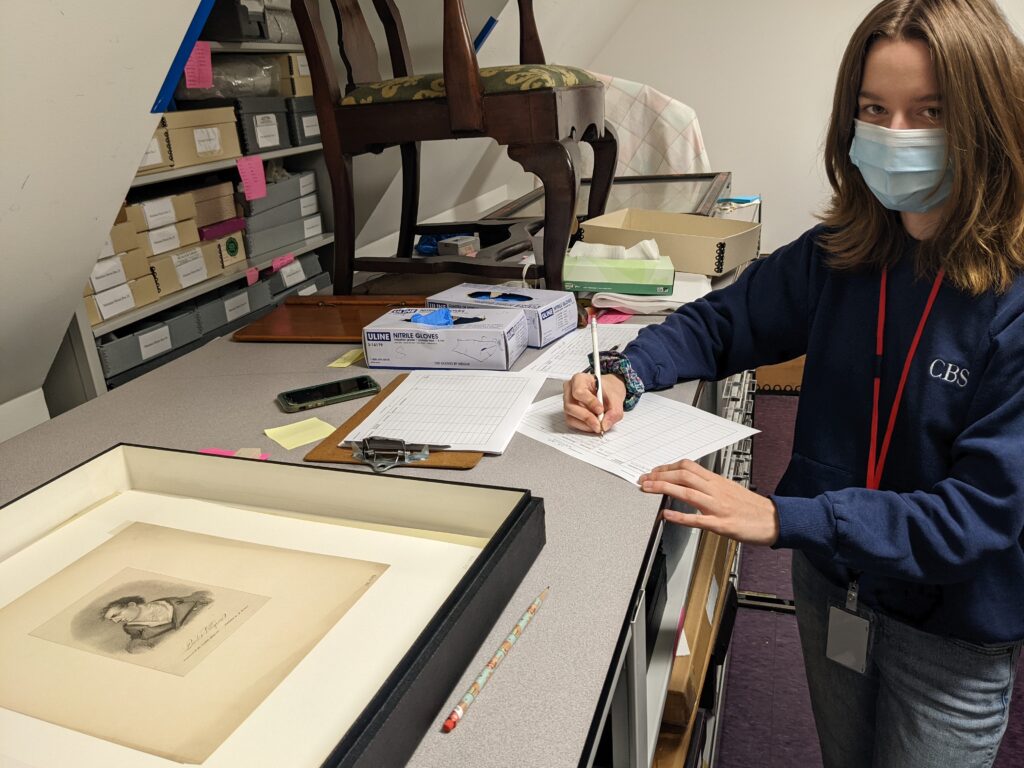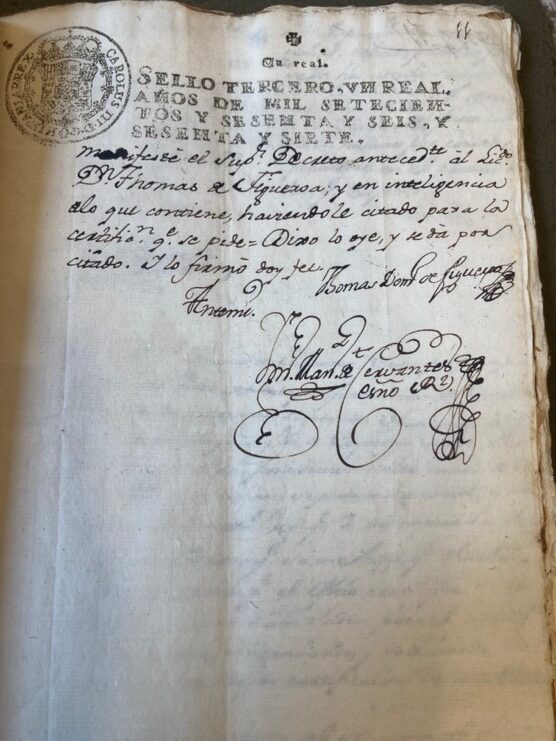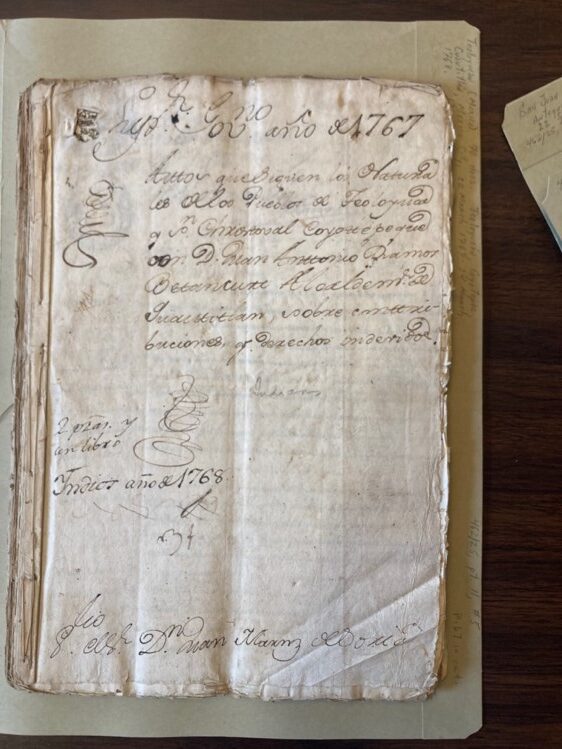
“Here we wear many hats,” is the phrase I heard my first few days interning with The Rosenbach. Although at first I did not have a practical understanding of the significance of that phrase, it soon became abundantly clear that when working for a small, dedicated, and busy rare books library and museum, one must be ready to learn many skills.
Interning at the Rosenbach has been a pleasure, not only as a student seeking to refine my practical skills in the archive, but also as a historian fascinated by the vast collection of materials the Rosenbach offers. I first came to the Rosenbach interested in their extensive collection of manuscripts related to Cortes’ travels to “New Spain” and Perú, however, I soon “wore many hats”, learning new skills in cataloging materials, researching provenances, and assisting with the Americana collection. Much of my internship was spent helping prepare an upcoming project in collections with involved me doing my own research on the history of campaigns in the United States. This is a subject I hadn’t realized had such a telling historical narrative. For instance, I never understood the origins of the symbolism of the donkey for the Democratic Party until discovering that Andrew Jackson was playfully (and sometimes not so playfully) referred to as a “Jackass.”
At the Rosenbach, I was gratified to learn that the museum makes space for both materials representing dominant narratives (such those related to U.S. Presidents) and histories which have traditionally not been told. The New Spain and Perú collections contain a wealth of materials related to indigenous histories of the Americas. Below are images of documents found in a collection that explores indigenous expressions of religion, land rights, and examinations of abuses by conquistadors in México.


As a student who is currently studying access to indigenous Zapotec language materials in Oaxaca City, The PACSCL internship with the Rosenbach was invaluable in challenging my perspective of what “Americana” can mean in museum studies. Americana concerns all materials related to the Americas, not simply the United States, or those materials which have been sanctified in the past. As a student of Latinx Studies and History, I now know how the two can complement the other and be used to bolster a diverse and more rich archival space. Thank you so much to The Rosenbach for providing me this invaluable experience and to PACSCL for their commitment to radicalizing both my conception of an archive and the future of museum studies.
